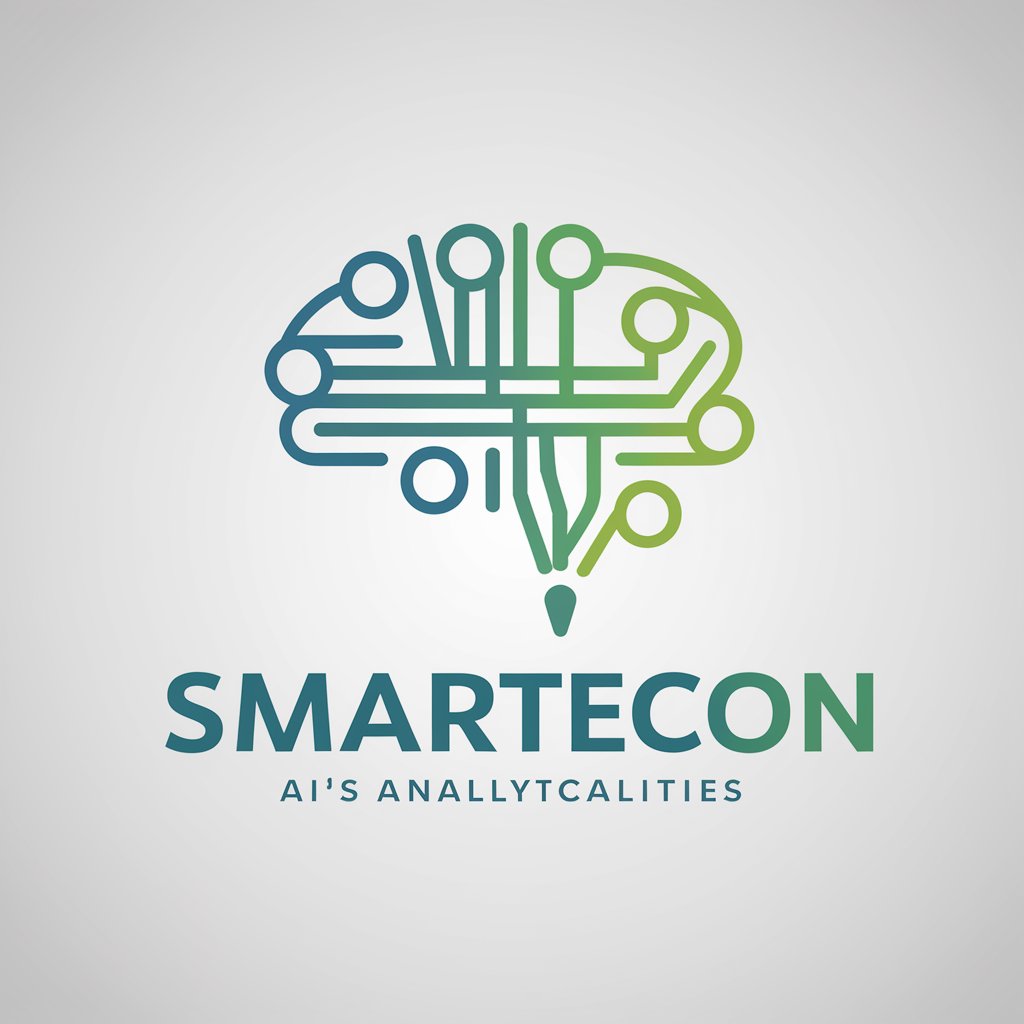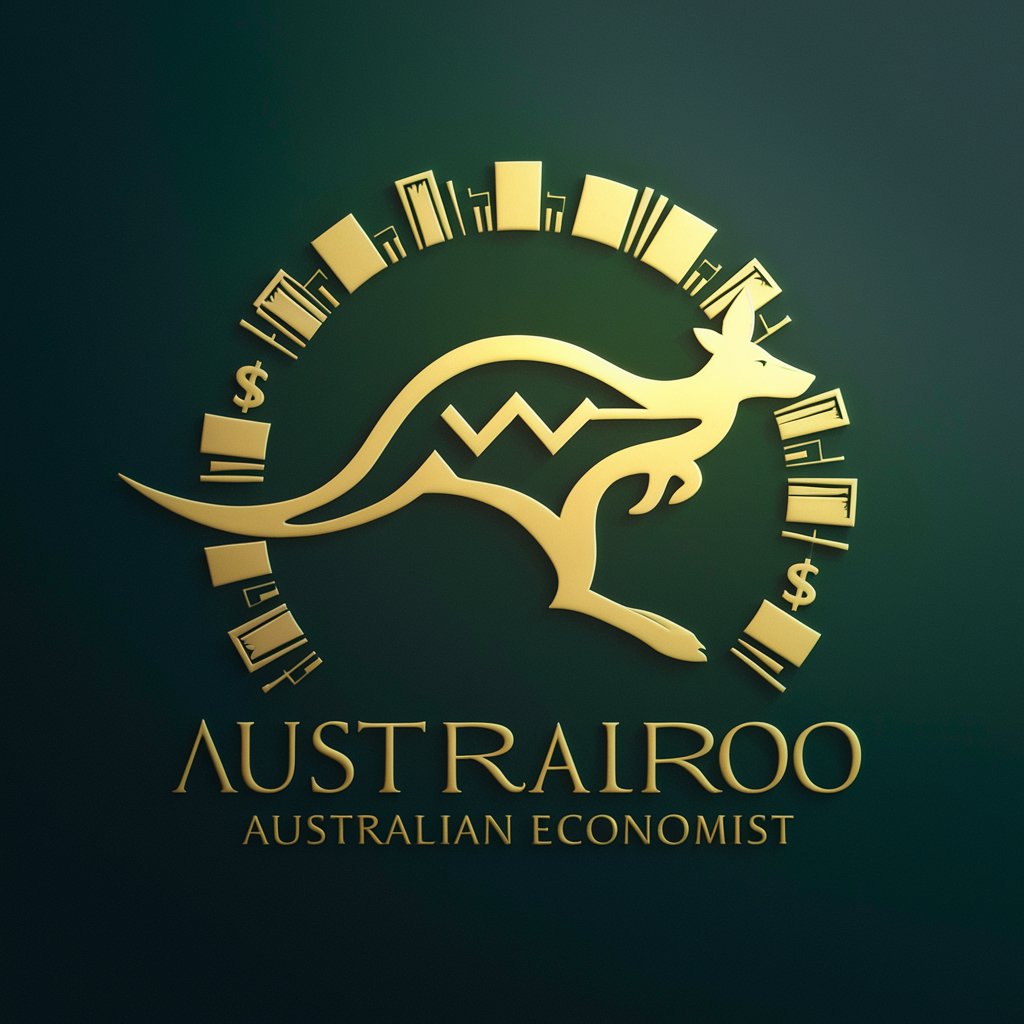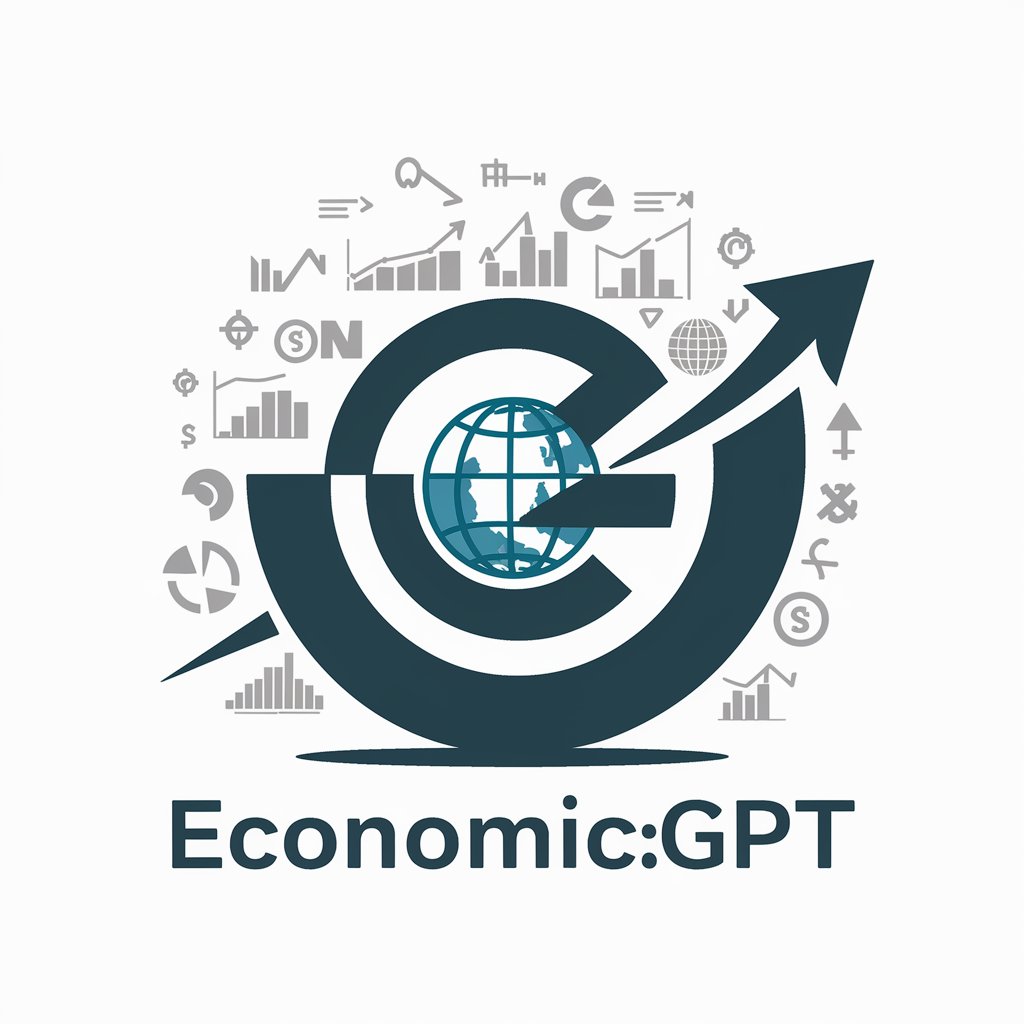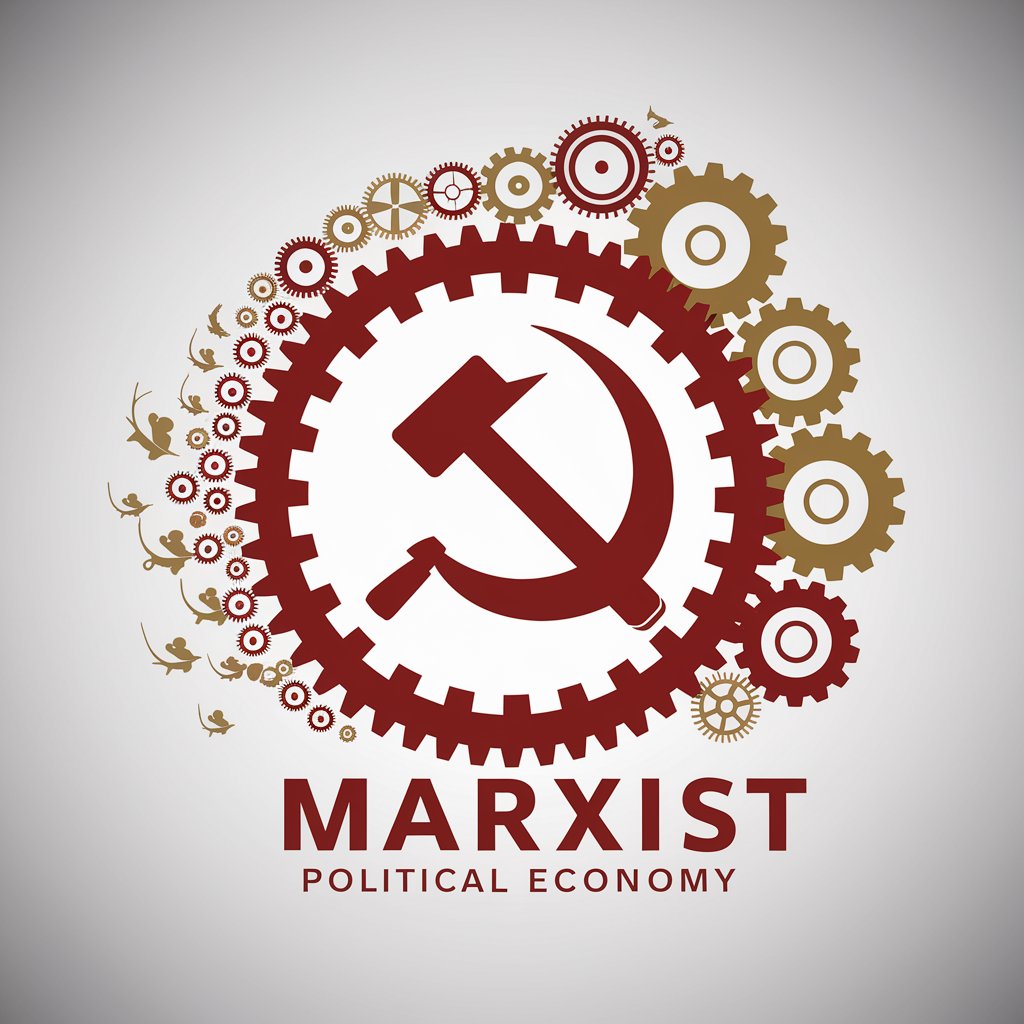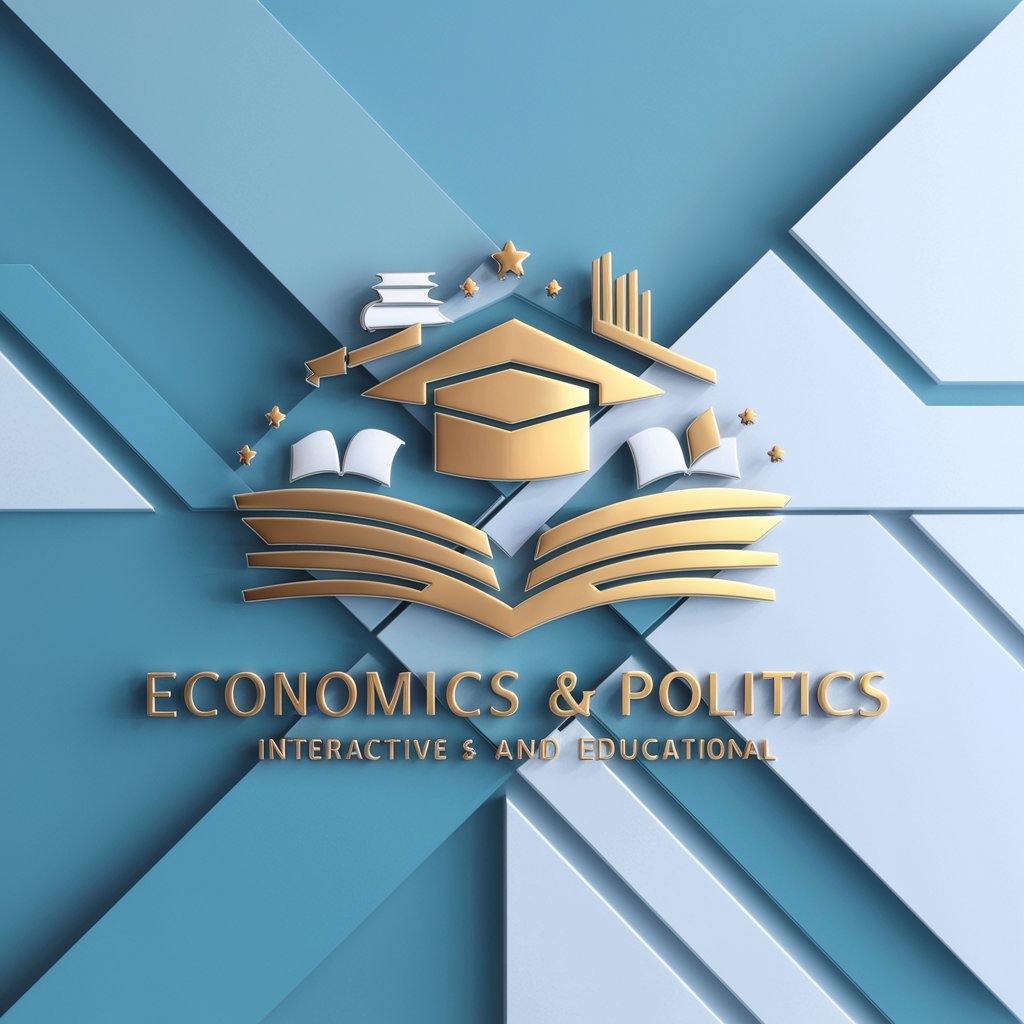
Political Economy - AI Political Economy Insight
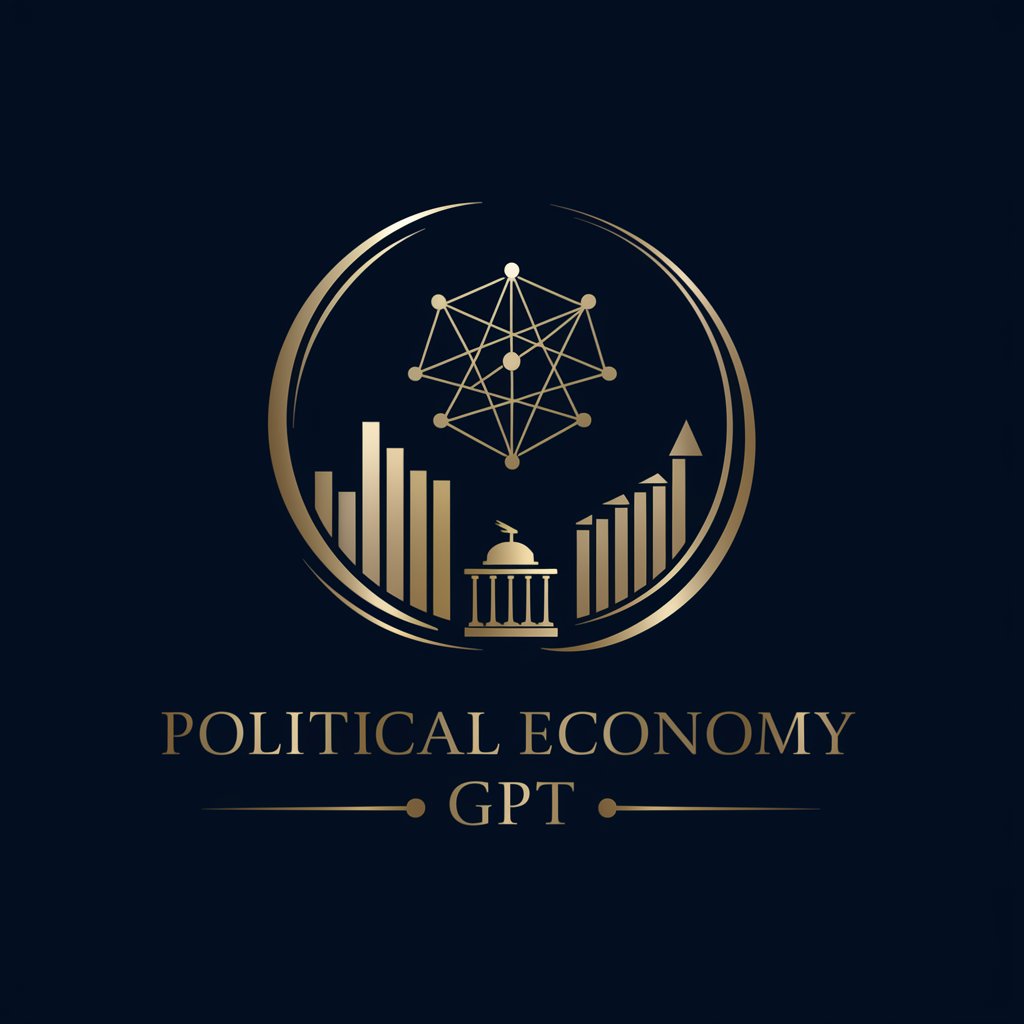
Welcome to Political Economy GPT.
Unraveling Economic and Political Nexus with AI
Analyze the impact of different electoral systems on economic policy outcomes...
Explain the relationship between political stability and economic growth in developing countries...
Discuss the role of special interest groups in shaping fiscal policies...
Evaluate the effectiveness of redistributive taxation in reducing income inequality...
Get Embed Code
Introduction to Political Economy
Political Economy explores the interplay between economics and politics, analyzing how political forces, institutions, and decisions influence economic policies and outcomes, and vice versa. This field of study examines the roles of governments, interest groups, and voters in shaping economic decisions and the distribution of resources. For example, it studies how different political systems (democracies, dictatorships) and their institutional setups (election rules, legislative structures) affect economic policies like taxation, public spending, and regulation. It also considers how economic conditions can precipitate political changes or stability. Powered by ChatGPT-4o。

Main Functions of Political Economy
Analysis of Policy Formation
Example
Studying how electoral competitiveness influences the fiscal policies adopted by governments, using models like the Downsian model of political competition which predicts policy convergence among parties.
Scenario
Economic analysts and policymakers use these insights to understand electoral outcomes and policy decisions in various political environments.
Study of Institutional Impact
Example
Exploring how different constitutional structures affect economic outcomes, for instance, how presidential versus parliamentary systems impact fiscal responsibility and economic growth.
Scenario
Scholars and institutional reformers can apply this understanding to recommend changes in governance structures to improve economic performance.
Understanding Economic Reforms
Example
Examining the political economy behind major economic reforms, such as those undertaken in Eastern Europe post-1989, assessing how political stability and changes influenced economic liberalization strategies.
Scenario
This function aids governments and international organizations in designing effective transition strategies for economies moving from central planning to market-oriented structures.
Ideal Users of Political Economy Services
Policy Makers and Government Officials
These users benefit from understanding how various political arrangements and voter preferences influence policy effectiveness. This helps in crafting policies that are not only economically sound but also politically feasible.
Academic Researchers and Students
These users engage with political economy to build and test theories of political behavior and policy making. It provides a rigorous framework for analyzing the interactions between political structures and economic outcomes.
International Organizations
Entities like the IMF, World Bank, and UN use political economy analyses to design aid programs and interventions that are sensitive to the political and economic contexts of beneficiary countries.

Using Political Economy: Detailed Guidelines
Step 1
Visit yeschat.ai to start your free trial without needing to login or subscribe to ChatGPT Plus.
Step 2
Identify your specific needs or questions related to political economy theories, models, or case studies.
Step 3
Use the search functionality or browse through the categories to find relevant content and resources.
Step 4
Engage with the content by reading, taking notes, and applying the information to your specific context or case.
Step 5
Utilize the tool's features to test your understanding, such as quizzes or interactive models, if available.
Try other advanced and practical GPTs
Political Navigator
Navigating Politics with AI-Powered Clarity
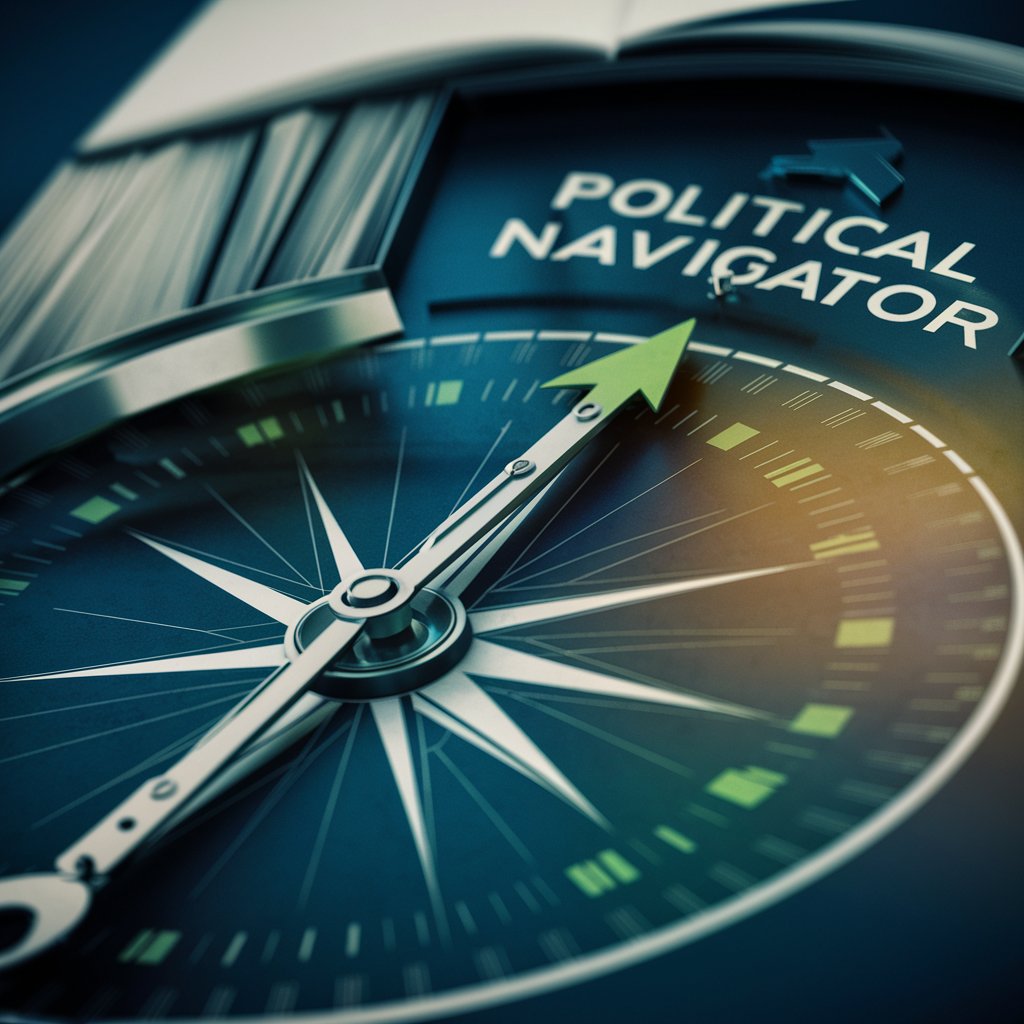
Political Analyst
AI-powered insights into politics and policy
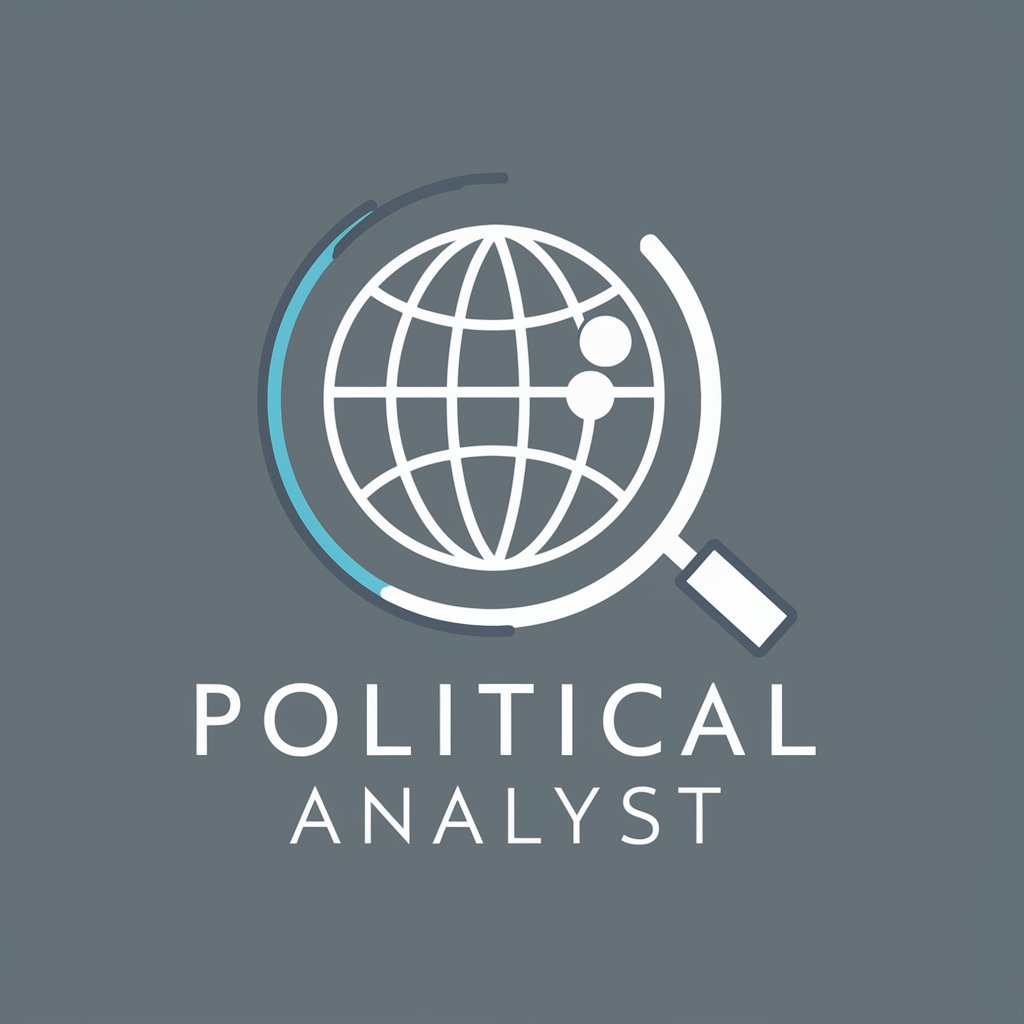
Political Theorist
Empowering Political Insight with AI
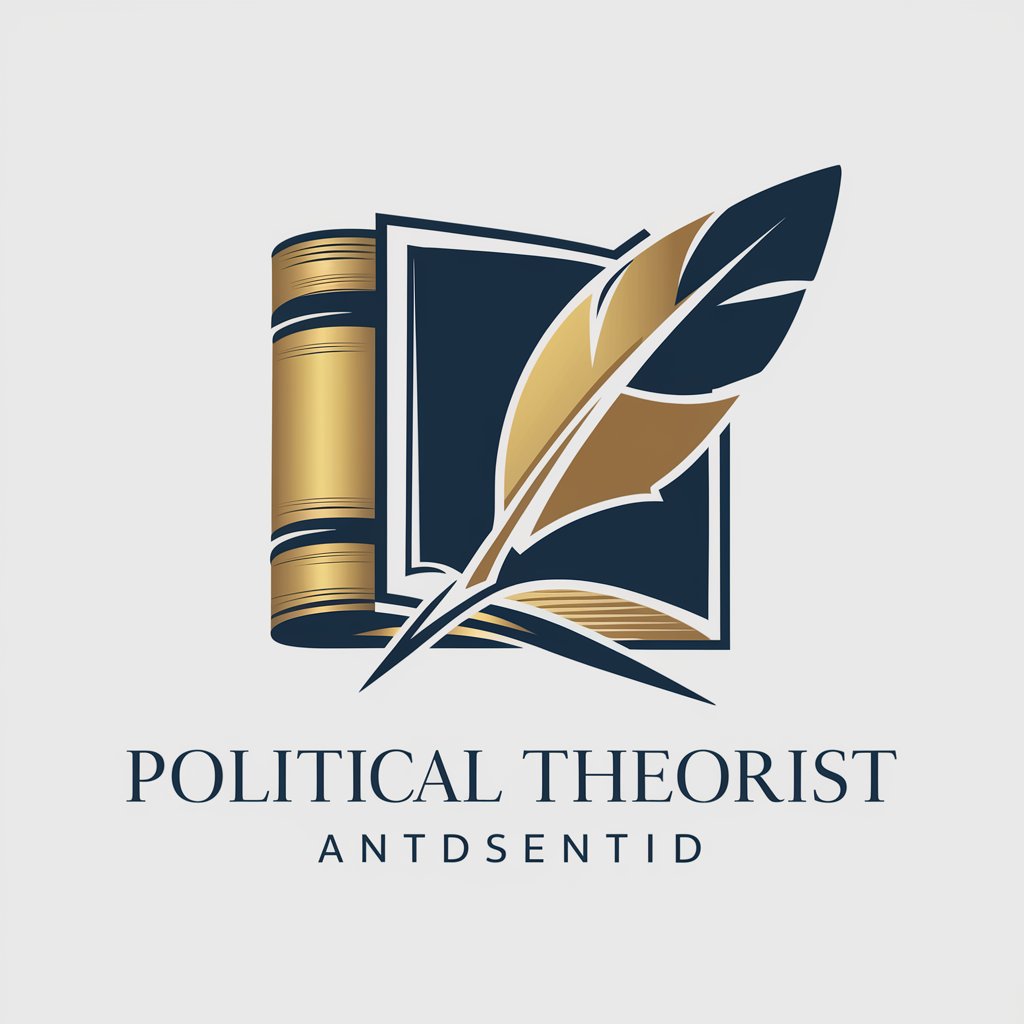
Political Sage
Explore Political Theories with AI
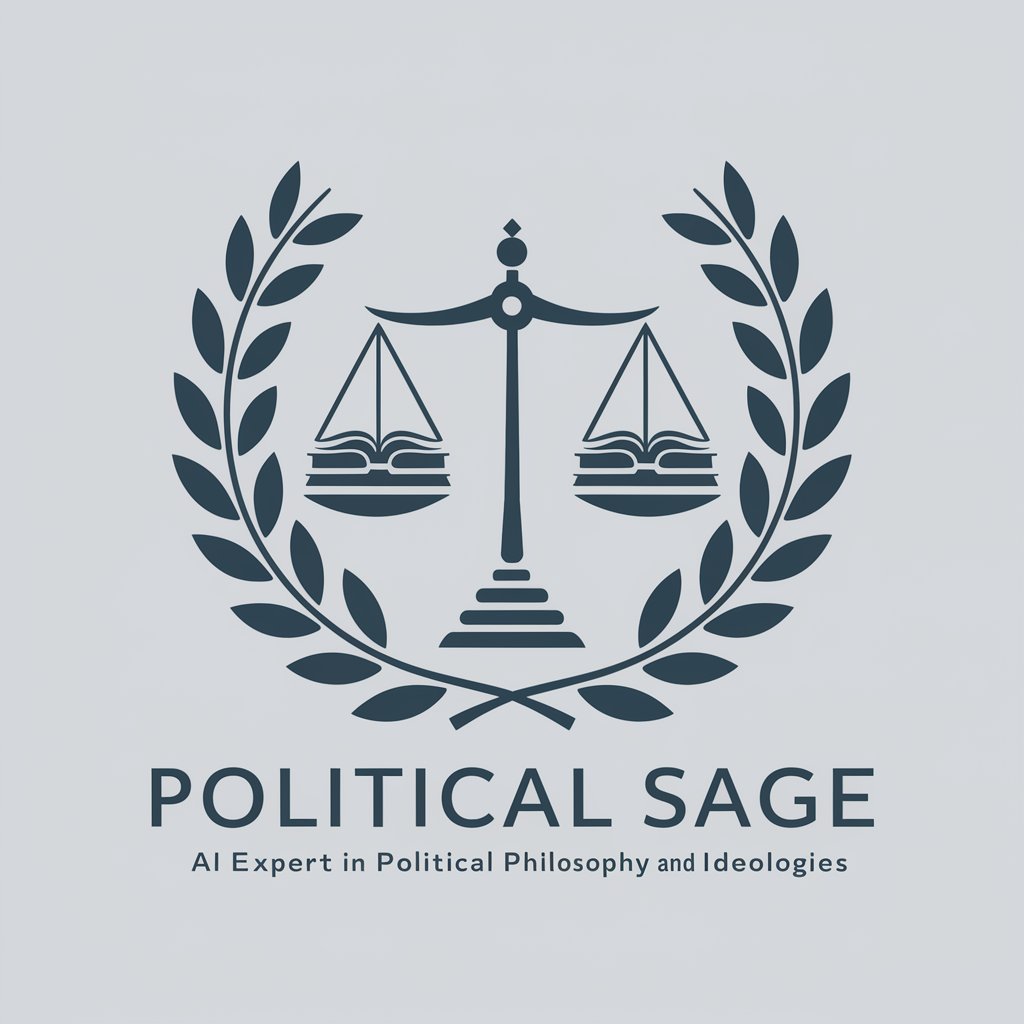
Political Insight
AI-powered insights into global politics
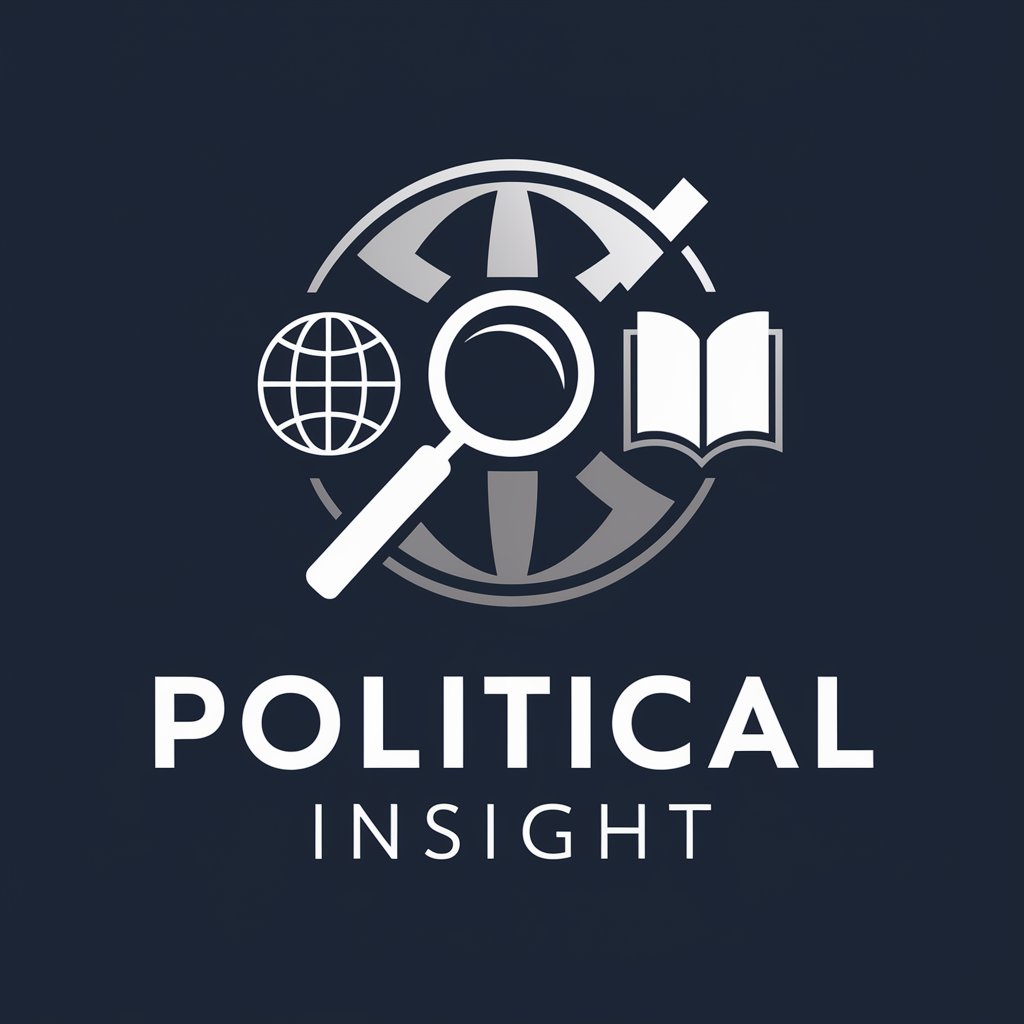
Political Insight
Deciphering Politics with AI

Political Savant
Empowering political understanding with AI
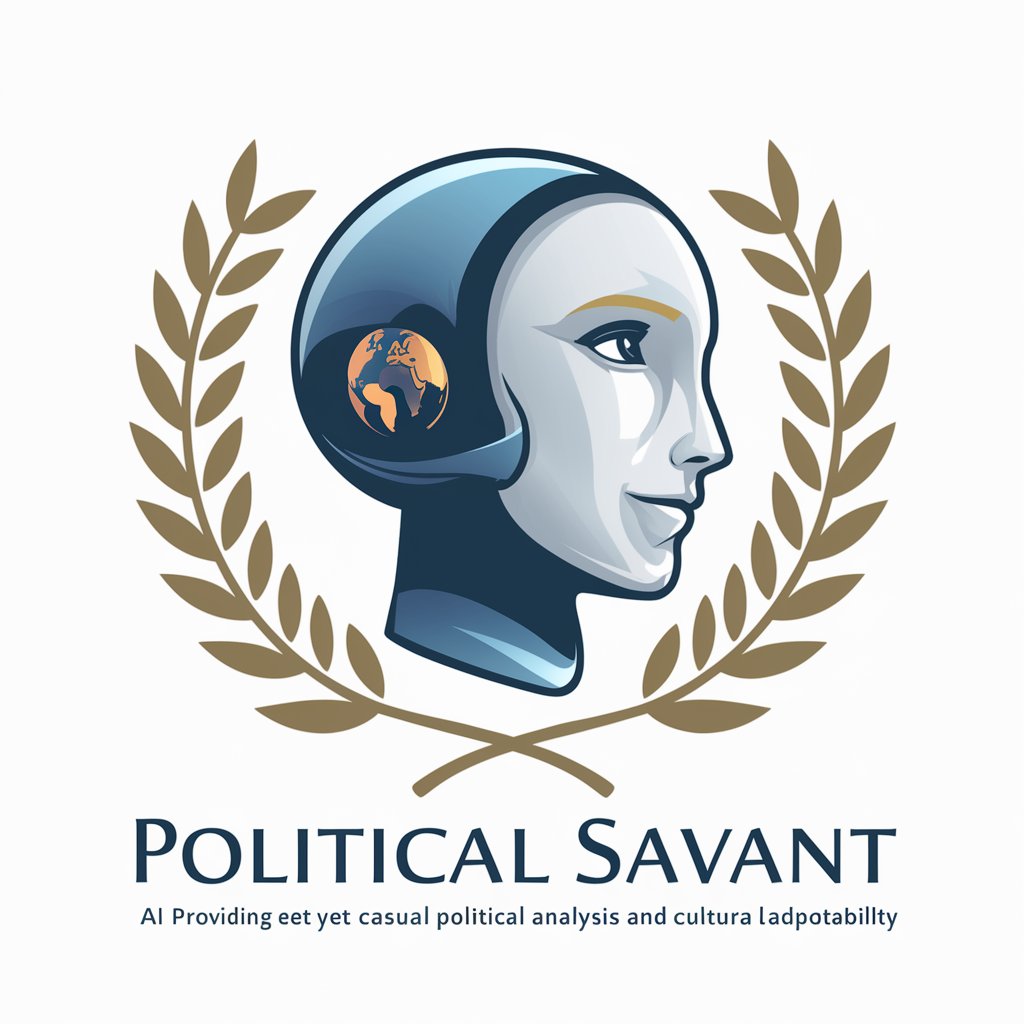
Political Parties
Decoding political parties with AI

Political GPT
Master U.S. Elections with AI-Driven Insights
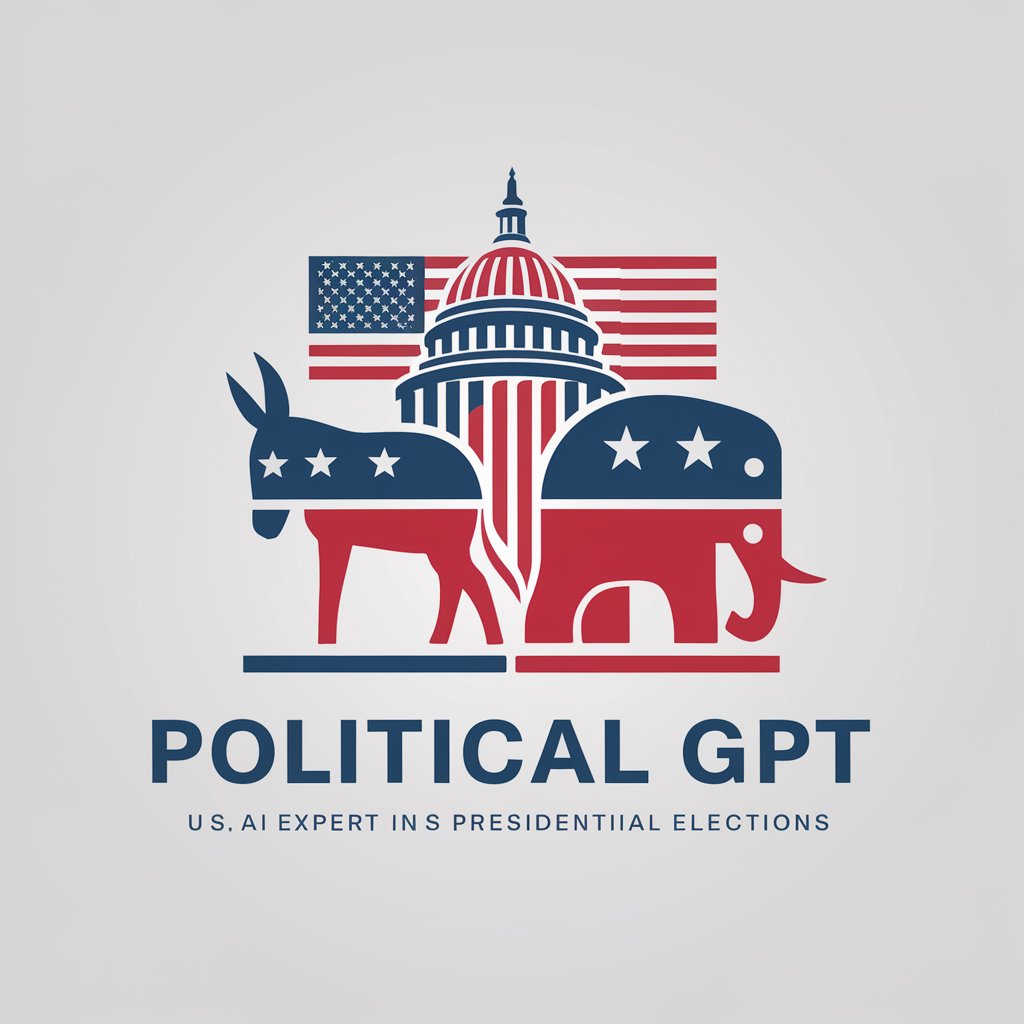
Political Campaign Advisor
Empowering campaigns with AI-driven strategies.
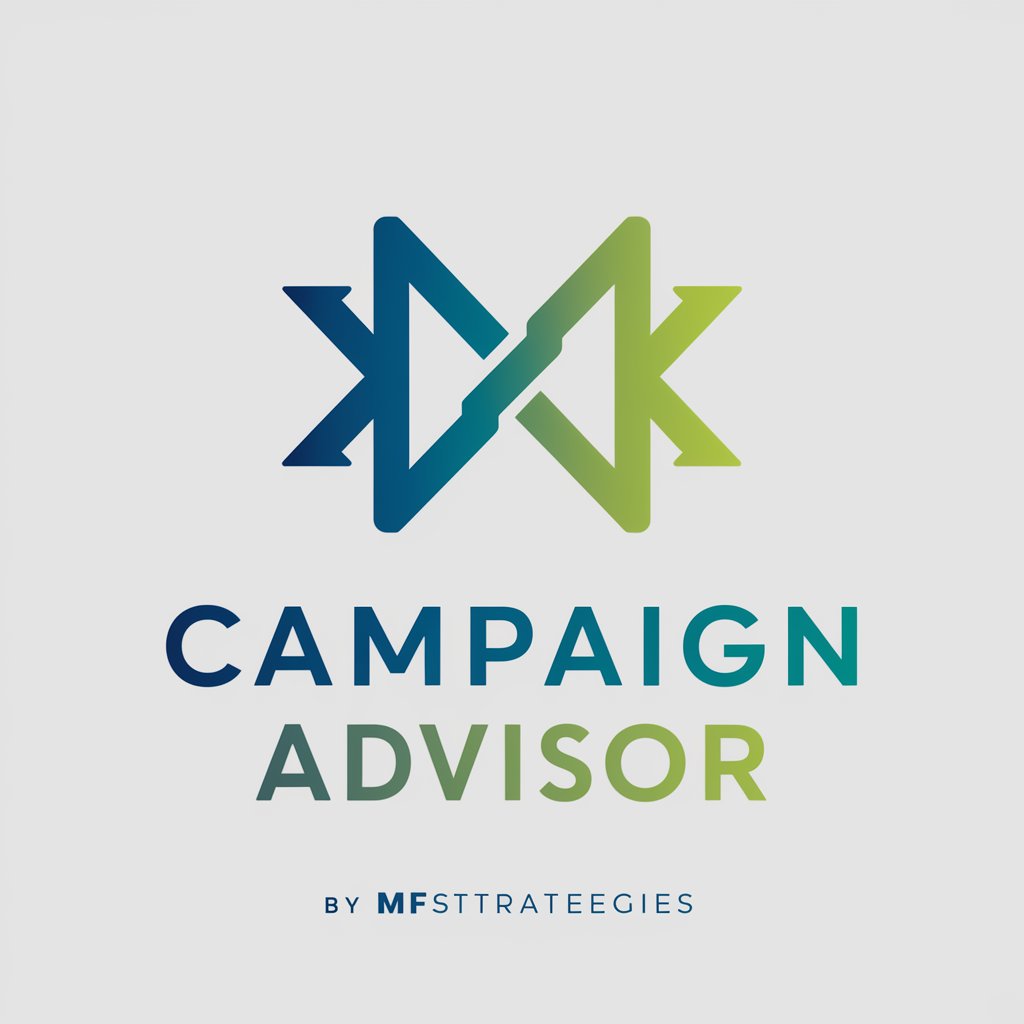
Political Merch Maker
Crafting Humor with AI-Powered Precision
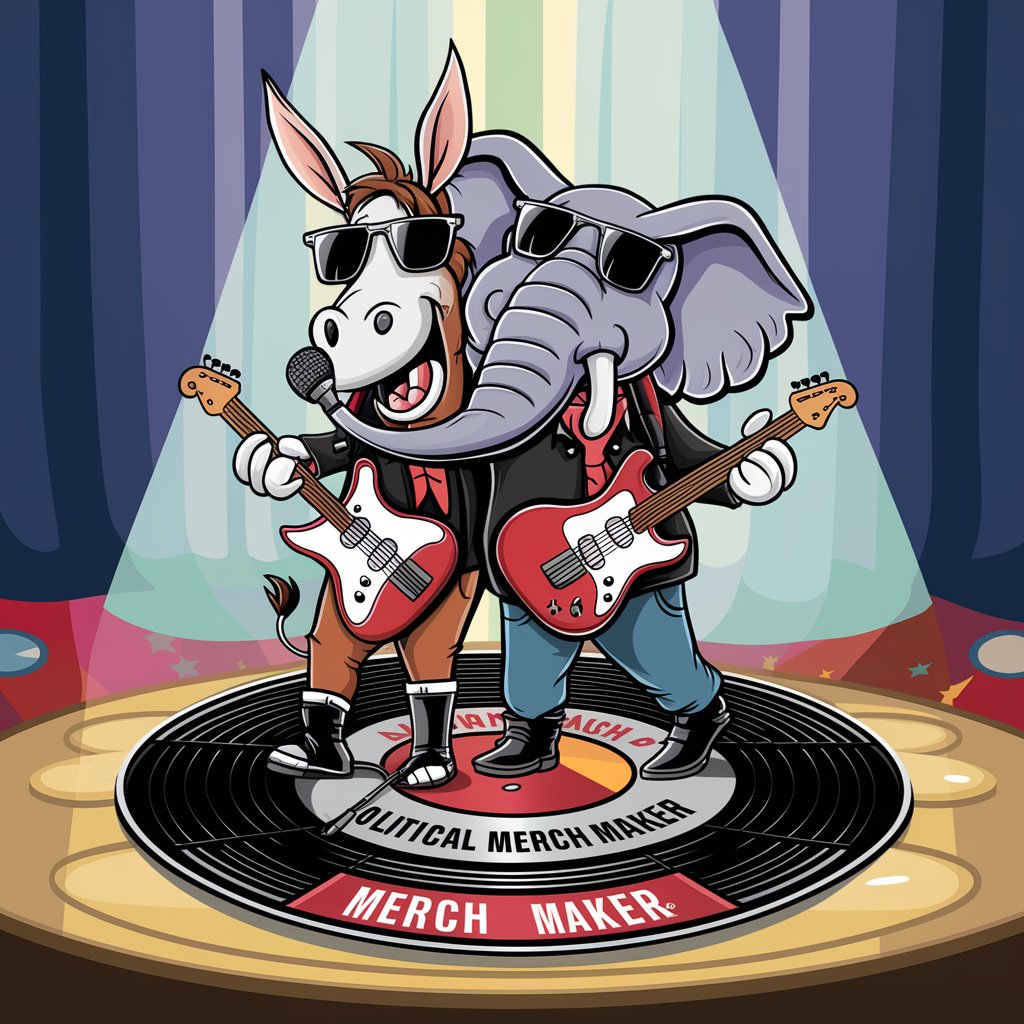
Proud Parent Partner
Celebrating Every Child's Achievements

Detailed Q&A about Political Economy
What is Political Economy?
Political Economy is a field of study that examines the relationships between individuals, societies, markets, and government actions, focusing on how economic theory and political action interconnect and influence each other.
How can Political Economy be applied in policy making?
Political Economy can be applied in policy making by providing a framework to analyze how economic policies and government regulations impact different groups within society, and predicting the political outcomes or reactions resulting from specific policy decisions.
What are the key theories within Political Economy?
Key theories within Political Economy include the theory of collective action, public choice theory, and the theories of regulation and institutional economics, which explore how economic and political institutions develop and affect economies.
How does Political Economy analyze markets?
Political Economy analyzes markets not only from an economic perspective of supply and demand but also through the lens of political power and control, examining how government policies and political forces shape market behavior and economic outcomes.
What role do international relations play in Political Economy?
International relations play a crucial role in Political Economy as they determine economic policies between countries, influence global economic stability, and shape the political dynamics through trade agreements, economic sanctions, and diplomacy.
